
DPT Program Overview
The UW–Madison Physical Therapy program was one of the first three physical therapy programs in the country to receive accreditation from the American Physical Therapy Association in 1929. The three-year program offers a professional doctor of physical therapy (DPT) degree in the School of Medicine and Public Health.
A class of 40 students begins once a year in early June.
Training Tomorrow’s Therapists
Physical therapists are licensed health care professionals who diagnose and oversee the management of patients of all ages in order to improve their physical and functional abilities. They help people maintain optimal health and fitness, and prevent the onset or progression of impairments, functional limitations, and disabilities related to disease, disorders and other conditions.
DPT graduates practice in a wide variety of settings such as: clinics, hospitals, nursing facilities, patients’ homes, schools, emergency departments, research settings, sports centers, and industrial workplaces. They often pursue professional development opportunities; they can complete clinical residencies and become board certified in many specialties including: orthopedics, neurology, pediatrics, sports, geriatrics, cardiovascular and pulmonary, clinical electrophysiology, pelvic health, oncology, and wound management.
As a physical therapist, you will work with people from a variety of health and social professions. Through the UW Center for Interprofessional Practice and Education, DPT students learn alongside students from social work, genetic counseling, public health, medicine, pharmacy and more.
Learning, Research and Practice
The DPT integrated curriculum covers basic science, clinical science and clinical practice. We use a non-concurrent structure, where students are either in school or immersed in a clinical environment full-time.
Students interested in research can study under the direction of research mentors, participate in interdisciplinary research projects and attend research seminars and clinical conferences.
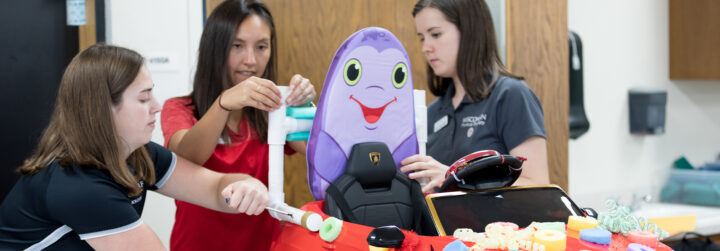
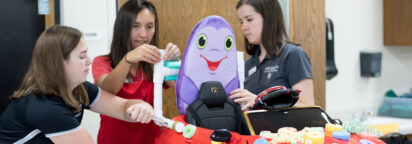
Learning Through Service
In the spirit of the Wisconsin Idea, which extends learning and knowledge-sharing to the borders of the state and beyond, our students participate in many engaging and rewarding educational and service opportunities. It’s a great way to learn and give back to the community.
Meet the UW–Madison DPT Program
Hear from our own people what makes the UW–Madison Doctor of Physical Therapy program a place to thrive. From expert faculty to supportive peers and unique clinical opportunities, the program produces well-rounded physical therapists.
Top-Notch Facilities
The DPT program’s home is in the Medical Sciences Center building, in the heart of campus. We also deliver courses in the state-of-the-art Health Sciences Learning Center and offer a top-notch clinical simulation facility.
Diversity, Equity and Inclusion
We welcome students of all backgrounds and identities, and provide culturally and socially diverse educational, research, patient care and service opportunities.
Our commitment to inclusion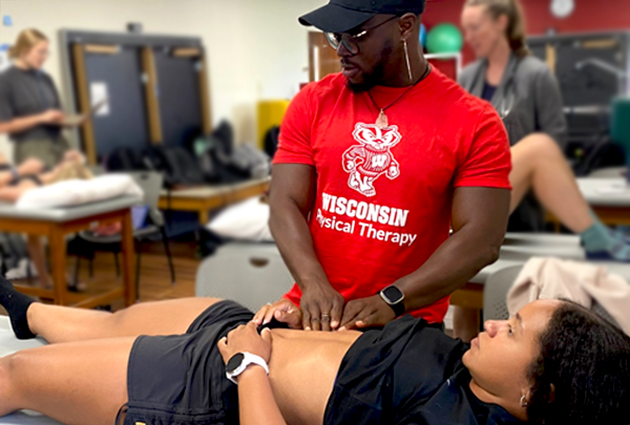
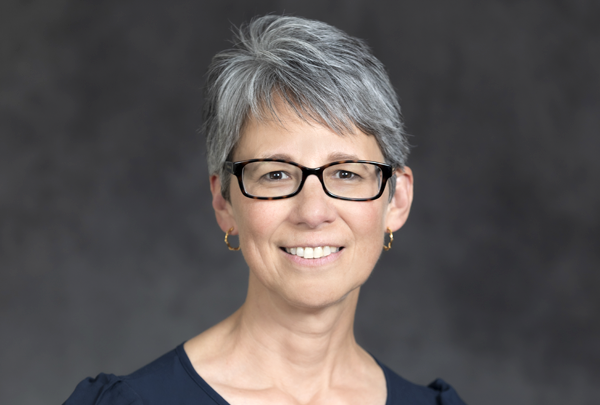
Sue Wenker, PT, PhD, DPT Program Director
CAPTE Accreditation
The University of Wisconsin–Madison has had an accredited program in physical therapy since 1929.
More about CAPTE accreditation
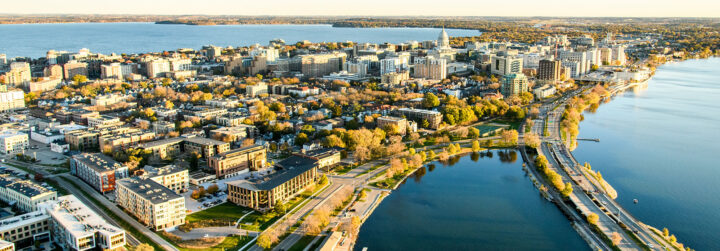
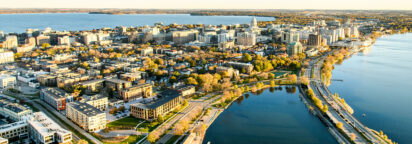
Madison, WI is the ultimate college town. This is where big-city opportunities meet small-town conveniences. Where vibrant streetscapes lead to lakeside retreats. Where a Big Ten college and capital city blend together, creating an atmosphere unlike anywhere else.